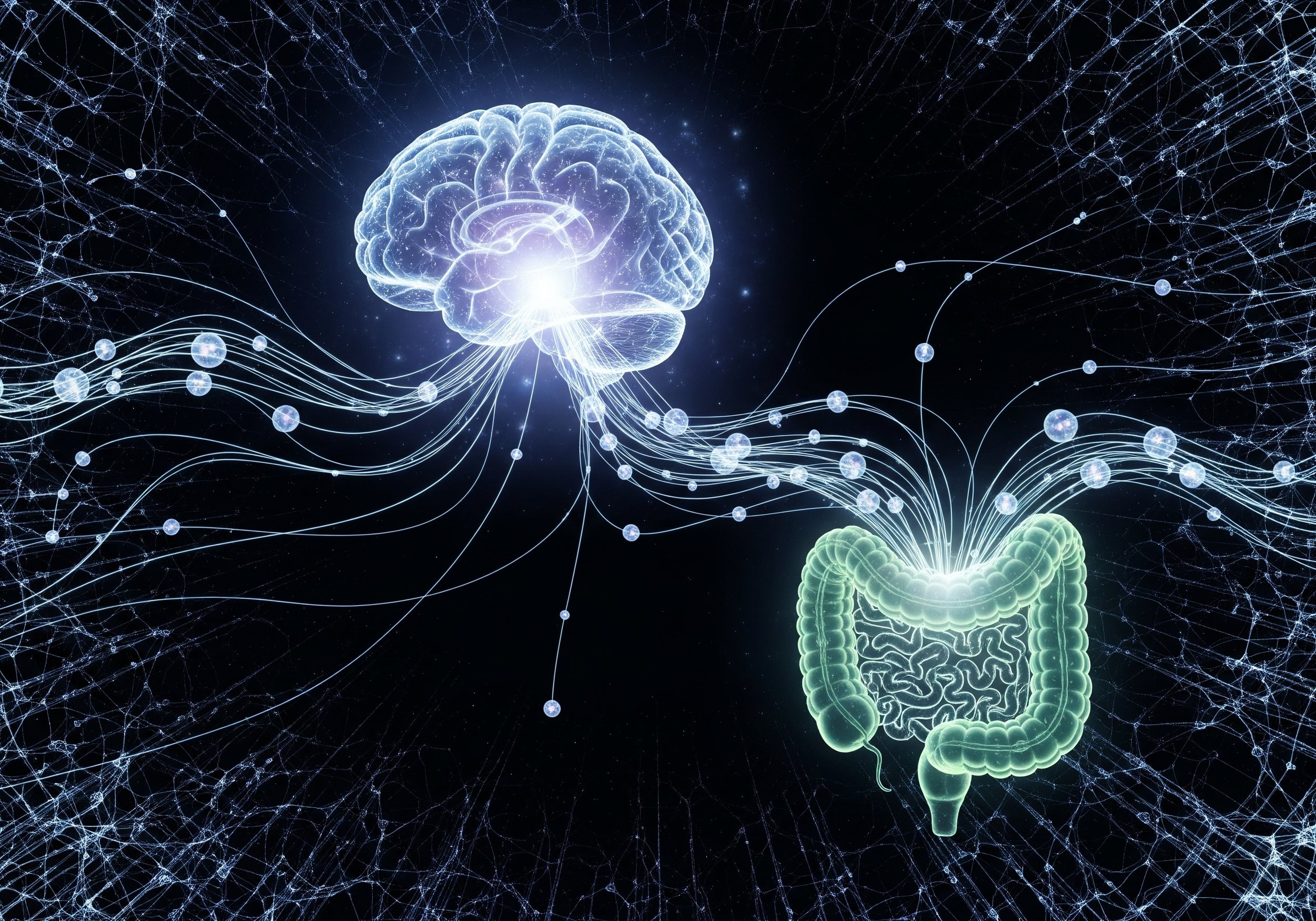The Gut-Brain Conversation: Could Your Microbiome Shape Brain Health?
The connection between the gut and the brain (or “gut-brain axis”) has become an increasingly hot topic in biomedical research, and for good reason. The gut contains its own nervous system, a complex immune system, and hormone secreting cells. All of these interact with the trillions of bacteria that live inside our intestines leading to profound effects on our physiology.
There are now well established links between the composition of the gut microbiome and neurodegenerative diseases such as Alzheimer’s disease and Parkinson’s disease. Epidemiological studies have shown that people with these diseases have characteristically altered gut microbiomes. Some authors have even suggested a ‘gut-first’ hypothesis for Parkinson’s disease pathology based on the fact that alpha synuclein, the protein which damages brain cells in Parkinson’s disease, may first build up in the enteric nervous system.
Teasing out the mechanisms by which the gut microbiome might alter the biology of the brain is very difficult but a recent paper published in nature provides a fascinating early clue. (https://www.nature.com/articles/s41586-025-09050-7#Abs1)
They looked at the characteristics of a specialised type of immune cells, called T cells, which can be thought of as the master regulators of the immune response. They can drive or suppress inflammation and retain a memory of previous infections - a bit like the way antibodies do when we have vaccinations.
In this analysis, the researchers were looking at proteins on the surface of the T cells which regulate which tissues in the body they can go to. (T cells will have different proteins for the gut, or the liver, or the lungs et cetera.) Fascinatingly they found that both mice and humans have a population of T cells in the brain which also show markers for the gut and fat tissue. They suggest that these cells start off in the gut and then travel to the brain via fat tissue.
Starting off in the gut is key. T cells learn from their environment and will interact extensively with the bacteria in the gut microbiome. The researchers further showed in mice experiments that changing the gut microbiome and the amount of fat that the mice had both changed the size of the T cell population in the brain.
What does this all mean? This paper provides a rare insight into the mechanisms by which the gut microbiome can impact inflammation in the brain. We already know that this is likely to be going on from associative studies so having a possible mechanism is exciting from a scientific point of view.
Clinically, we still don’t know how exactly we should alter the microbiome to prevent neurodegenerative disease. Hopefully one day we will be able to prescribe certain strains of bacterial probiotics with precision but for now it is best to stick to the basics and keep our gut bacteria as diverse and healthy as possible.
A varied and plant rich diet with lots of diverse prebiotic fibres and maybe the odd live yoghurt or kefir is a good start!
By Dr Robin Brown

